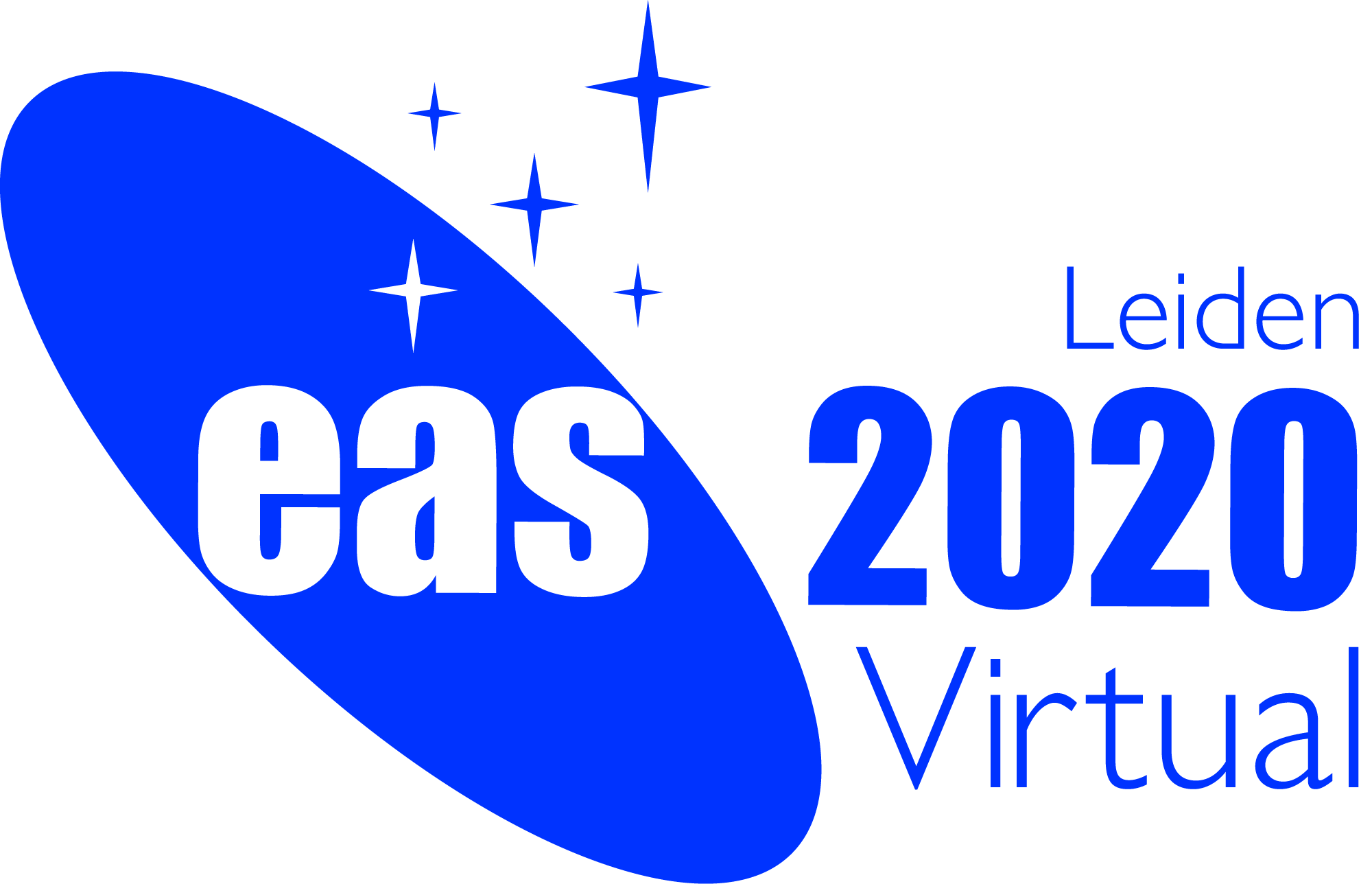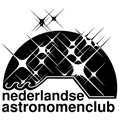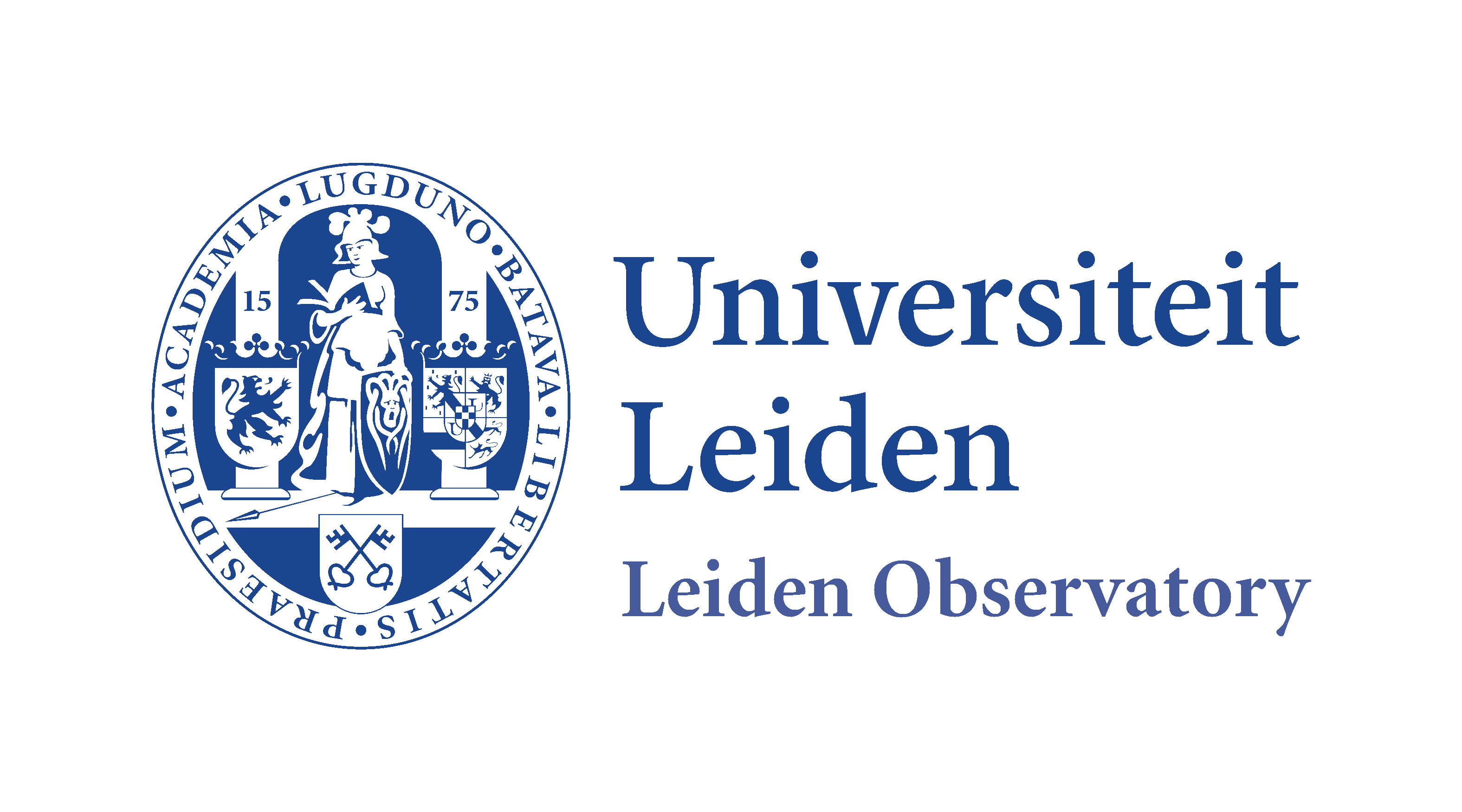
|
Special Session SS2
2 July 2020
European forum of astronomical communitiesNews: ALL OUR TALKS ARE PRE-RECORDED, links are provided below The European Forum of Astronomical Communities is a platform of the EAS to discuss the development of underrepresented astronomy communities in Europe. The forum launched during EWASS 2017 in Prague and was also held during EWASS 2018 in Liverpool and EWASS 2019 Lyon. Building from the ideas generated in these sessions, we propose to continue and expand it at EAS 2020 in Leiden. Aims and scope
Rationale: European contribution to astronomy often relies on optical night-time telescopes of modest size in mediocre sites, although observational opportunities also exist elsewhere (ESO and other observatories accessible via OPTICON), or in radio astronomy (via RADIONET). The ground based observation should complement the space projects through the European Space Agency (ESA). Cooperation agreements have been signed with some of these projects and countries, but not all such arrangements are effectively used for astronomical science, and bureaucratic obstacles may impede the progress of some national communities. Despite good intentions and some notable exceptions, overall progress has been disappointingly slow. The European Astronomical Society (EAS) and the ASTRONET consortium of funding agencies for European astronomy have joined forces in establishing the European Forum of Astronomical Communities (FORUM), combining the grassroots contacts of the EAS with the financial resources of the agencies. Their common long-term goal is the successful use of the next generation of large research and educational infrastructures by the entire European scientific community, and the gradual elimination of the imbalance between more and less developed regions in European astronomy. The goal of the FORUM is to discuss and initiate a set of pragmatic bottom-up actions to make visible progress wherever possible. Programme
Please watch the pre-recorded talks, all available here: http://www.astrouw.edu.pl/~wyrzykow/EAS2020/SS02/ and join us for the discussion and questions on July 2nd, Thursday, 14:30-16:00 CEST Invited speakers
Scientific organisers Gerry Gilmore - University of Cambridge (UK); Lex Kaper - Amsterdam (NL); Agata Karska - Nicolaus Copernicus University (PL); Jan Palous - Prague (CZ); Milena Ratajczak - University of Warsaw (PL); Pedro Russo - Leiden (NL); Ronald Stark - ASTRONET (NL); Michelle Willebrands - IAU (NL); Andrew Williams - ESO; Lukasz Wyrzykowski - University of Warsaw (PL) - Chair Contact Please contact the Chair, Lukasz Wyrzykowski: lw at astrouw.edu.pl Updated on Thu Jul 02 11:38:43 CEST 2020
|
||||||||||||||
|
European Astronomical Society |
|||||||||||||||
 A power cut will shut down all EAS services on Tuesday, 10 January 2017 starting at 7:30 CET.
A power cut will shut down all EAS services on Tuesday, 10 January 2017 starting at 7:30 CET.



